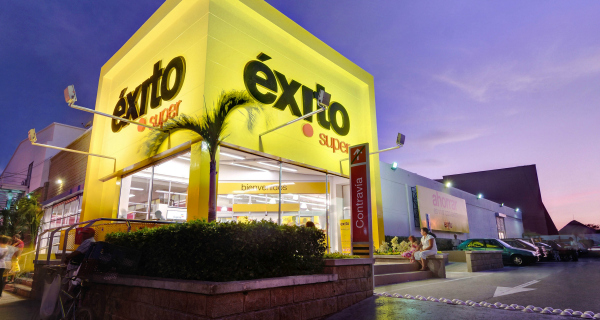
Colombia is the third largest economy in Latin America after Brazil and Mexico and one of the most promising. According to The Economist, in the next five years Colombia will be the sixth fastest growing economy in the world. First of all, it’s one of the seven countries that FAO defines as “the world food baskets”, with reliable agricultural production throughout the year thanks to the five different climates there. But also for the ability to attract foreign companies, which increased from 495 in 2002 to 1,500 in 2015, with a business friendly environment and over 100 tax free areas. Meanwhile, in 2016, the Colombian GDP registered an increase of only 2.4%. A notable slowdown if compared to the historical average, partially due to a significant decline in foreign demand for raw materials and oil. The country is taking off again, with the Santos government implementing a four-year development plan which foresees several measures to expand the national road network and to modernize ports and airports. All of this is happening while historic peace talks continue with the FARC guerrilla movement, despite the referendum rejection.[Best_Wordpress_Gallery id=”10″ gal_title=”Store Check Colombia”]
RETAIL IN COLOMBIA – Looking at the retail sector, the market leader is Grupo Éxito, controlled by the French Casino, with about 500 stores, followed by Grupo Olímpica, with a network concentrated mainly in the north along Chilean Cencosud. In recent years, the increase of the middle class’ purchasing power has also pushed the demand for Italian food products, in particular olive oil, wine, cheese, cold cuts and, more recently, pasta. This trend is also driven by “the appeal” of Italian restaurants, whose number has doubled in the last few years, initially in the main urban areas and pushing retailers to expand choice. On the Carulla shelves, owned by Grupo Éxito, one can find several brands of pasta including De Cecco, Divella, Barilla, and Voiello. Barilla and Voiello are also stocked in the sauces section, with average prices 15-20% higher than competing Italian sounding products. In the deli-meat sector stands Villani, with the private label Pomona, priced at about 7 euro for the pack of 80 grams of San Daniele and nearly 6 euro for prosciutto. In cheese the offer is dominated by fake Parmesan, with some exceptions for Grana Padano cheese and mozzarella, including buffalo mozzarella. In addition, one also finds the Olitalia and Colavita brands, while in the beverage section there are only San Pellegrino and Ferrarelle mineral waters.
